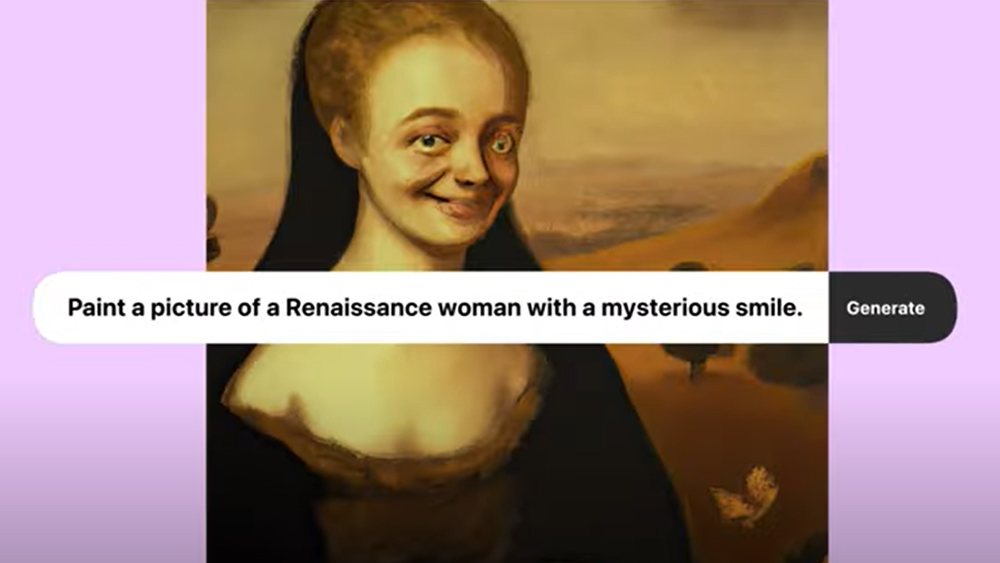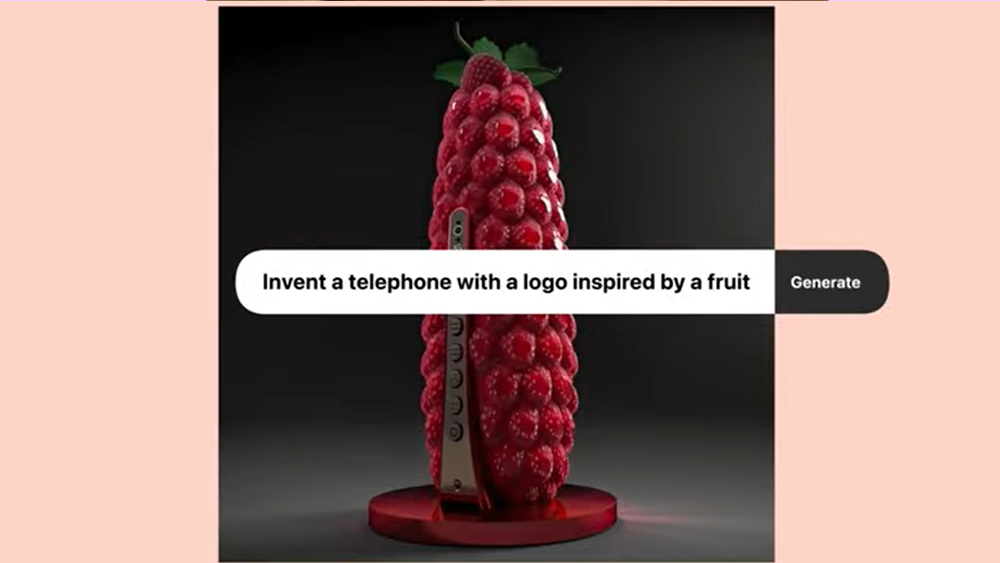
The creative potential of artificial intelligence has become one of the most hotly debated topics in creative sectors over the past couple of years. Some fear that it could replace jobs – and it already is in some areas. But AI still can't 'think', and many argue that it's not capable of genuine creativity.
Virgin and Made By Dyslexia have set out to demonstrate that by challenging AI models to innovate like famous people with dyslexia. And the results are as weird as you might expect (see our pick of the best print ads).
While some brands have already embraced generative AI and encompassed it into their creative work, others have shown active scepticism. We saw KitKat poking fun at AI image and text generators – it doesn't think they'll be replacing its creative team soon. But now Made By Dyslexia, Virgin and the creative agency FCB Inferno have taken a deeper approach.
Their DyslexAI project challenged AI models to try and think like some of the world’s most famous dyslexic people, from Leonardo da Vinci to Steve Jobs and Richard Branson, by posing some questions that demanded some lateral thinking. 'Invent a telephone with a logo inspired by fruit,' or 'scale a record business,' for example.

Speaking about the campaign, Branson, Virgin´s founder, said: “AI is already transforming the way we work, live, and interact. Used in the right way, AI is the perfect co-pilot for people with dyslexic thinking skills to move the world forward. But technology can’t replicate the spontaneous, human, creative instinct that can lead to incredible innovation. Dyslexics have the limitless power to change the world if everyone embraces their dyslexic minds.”
Kate Griggs, chief exec and founder at Made By Dyslexia, added: “Research has been telling us that dyslexic thinking skills will be vital for future workplaces, and with the rapid advancement and adoption of AI, that future has arrived. Because while technology and AI have evolved to take over many skills, they can't replace sought-after soft skills like innovation, lateral thinking, complex problem solving and interpersonal skills, which are dyslexic thinking skills."
For more creative campaigns, see our picks of the best billboard advertising. And if you've already been involved in incredible branding this year, consider entering the Brand Impact Awards today.







